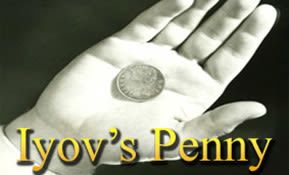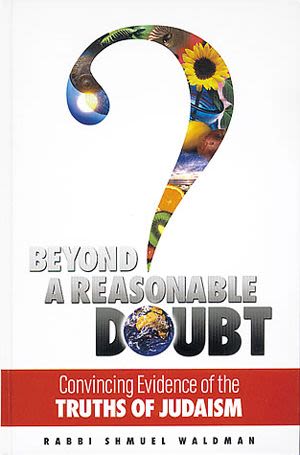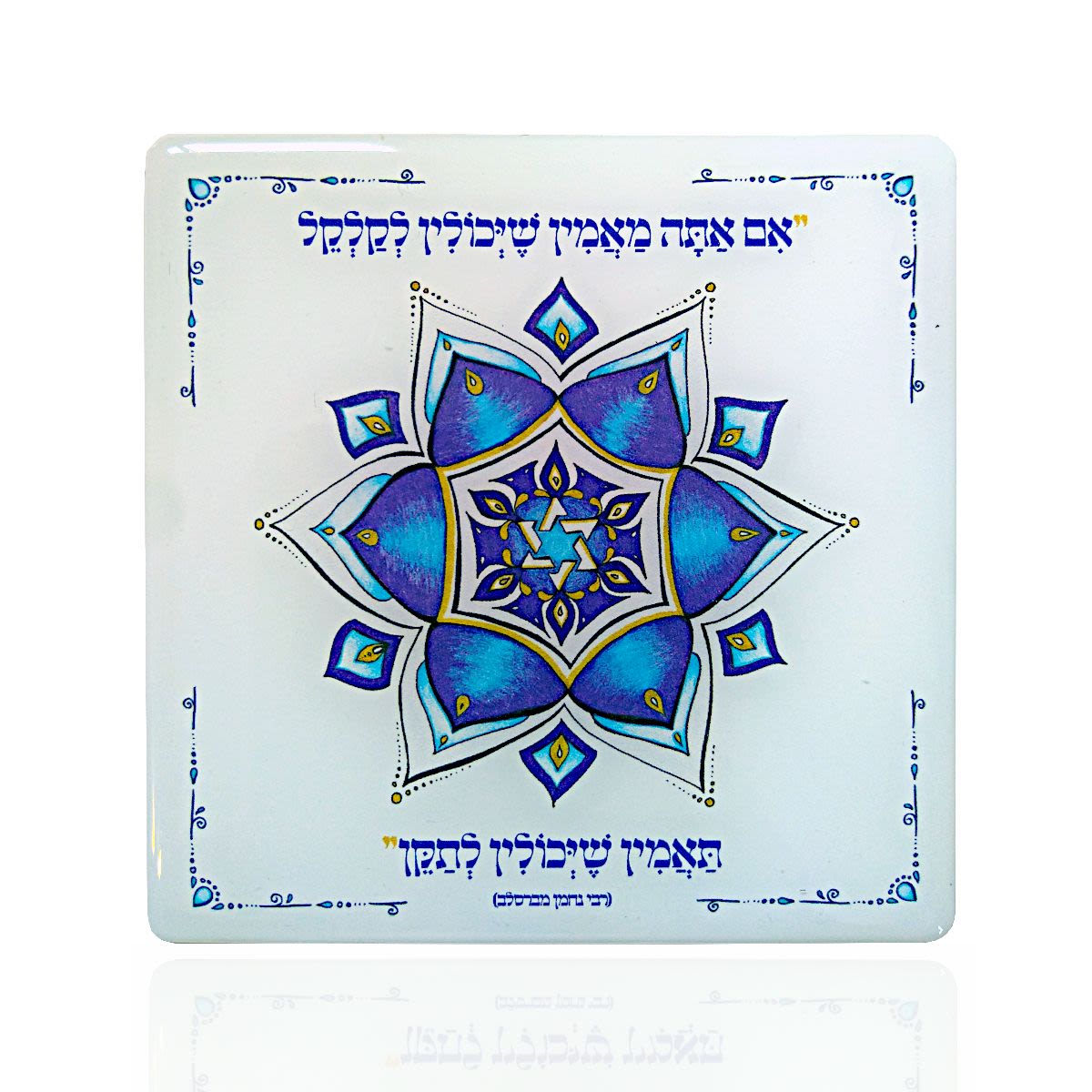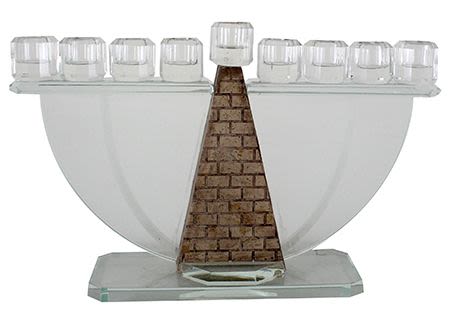
Vayera: The Inhospitable Rabbi
The rabbi prided himself on his meticulous attention to religious law and painstaking efforts to avoid mistakes. Yet, he was a fierce opponent of the Baal Shem Tov…

Parshat Vayera
"And he said [to the three angels disguised as men], 'My Lords, if I find favor in your eyes, please pass not away from your servant.'" (Bereishit 18:3)
Our father Avraham, on the third day after his circumcision, when the pain is the greatest and the patient is most weakened, made a great effort to welcome his guests.
In one small town, there was a Rabbi who was a virulent opponent of the Baal Shem Tov. The Rabbi went so far as to issue a decree to the members of his community that they were forbidden to offer any hospitality whatsoever to the Baal Shem Tov and his followers.
As it happened, the Baal Shem Tov and some of his students were traveling through this town just before Shabbos. They sought a house to spend Shabbos. But the community, following the instructions of their beloved Rabbi, did not offer any hospitality. Seeing that all doors were closed to him, the Baal Shem Tov continued on his travels.
That very day, a woman came to the Rabbi with a personal question regarding her purity. The Rabbi considered the issue carefully and came to the conclusion that she was indeed pure. Late that night, however, he found a similar case, described in a sefer of halacha (Jewish law), where the ruling in a similar case was rendered as impure. He was overwhelmed with panic. He immediately called his shammos (attendant) and told him, "Quickly, go to this woman's home and tell her that she is impure." The shammos hurried, but soon returned with the report that he arrived too late.
Everyone in the town watched the deterioration of their beloved Rabbi. Doctors were brought in to treat him. No matter what remedies were tried, the Rabbi kept sinking into deep depression.
Finally the local people learned of a man who lived near Medzibush, known to possess spiritual powers and the ability to heal people. Several of the townsfolk took the Rabbi via a coach to meet this man. The night they arrived, they stayed at an inn. Naturally the conversation turned to the Rabbi and his forthcoming meeting with the man who would hopefully heal him. The innkeeper suggested they first visit the Baal Shem Tov who happened to live in Medzibush, which was nearby to the inn. "After all," said the innkeeper, "If you've come this far already, you should surely go to the Baal Shem Tov first."
The townsfolk accompanying the Rabbi considered the idea. In light of their rabbi's deep-seated distrust and dislike for the Baal Shem Tov and his followers, they initially dismissed the idea. "But what do we have to lose?" said one. The others agreed and the next day they started to travel towards Medzibush.
When the Rabbi entered the office of the Baal Shem Tov, he was warmly greeted.
"Shalom aleichem (Peace be to you)," said the Baal Shem Tov. "Rabbi, I've just come across a case regarding a woman's purity that I thought you might find to be of interest." The Baal Shem Tov had a sefer of halacha open that he showed to the Rabbi. "Do you see what is written here?"
Later, the Rabbi became an ardent follower and student of the Baal Shem Tov.










